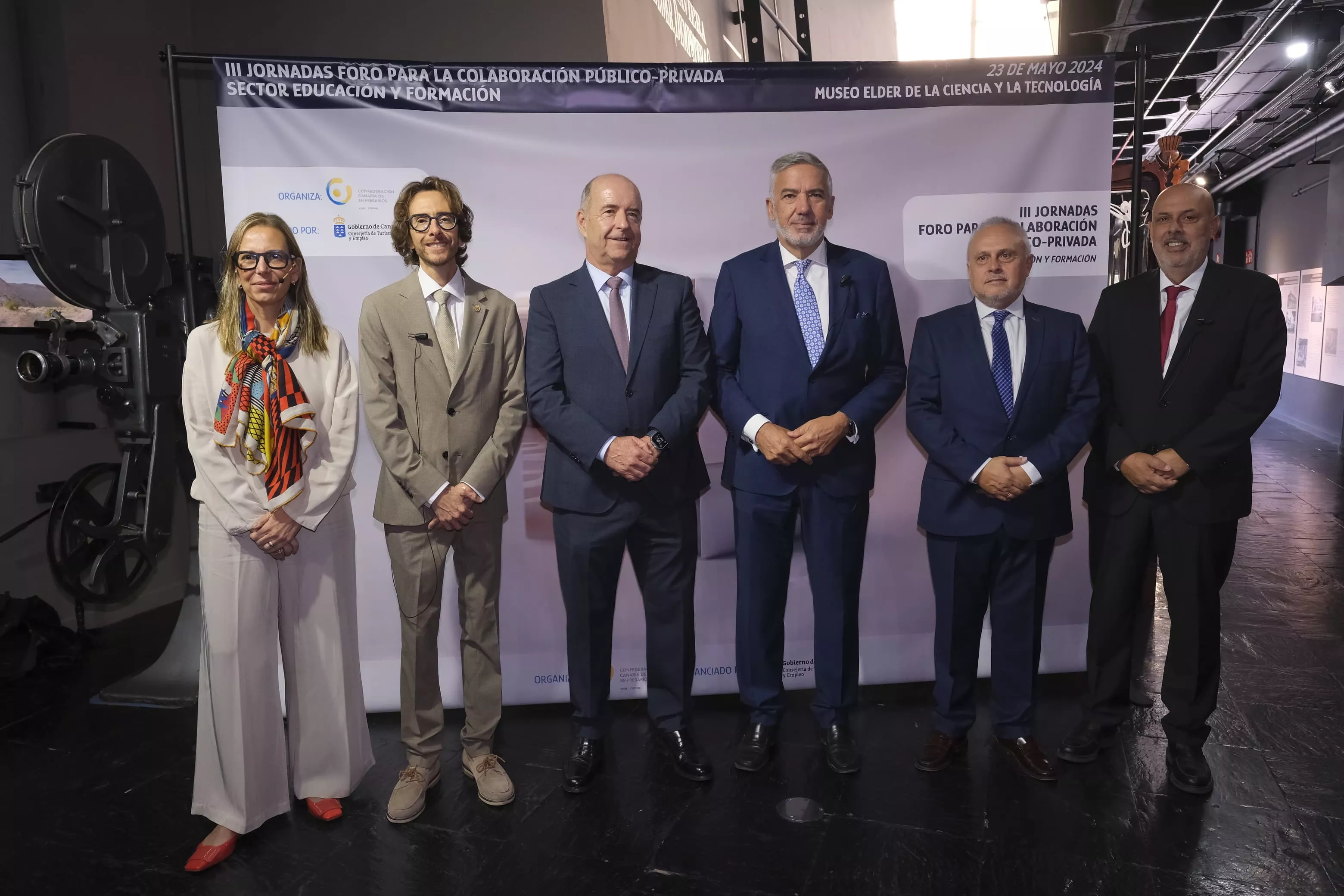
The employers’ association of Gran Canaria does support the Law on Social Councils and Coordination of the University System of the Canary Islands, which is met with skepticism from public universities. The Canary Islands Confederation of Employers positively values “the modernisation of the role of the university and achieving a university that is better connected with reality and its future,” as they state in a communiqué.
The businesspeople highlight that the reform emphasises the importance of social and business participation in the Social Councils, which they believe allows for greater “closeness to society.” They also consider that the law encourages universities to respond to employability, the transfer of knowledge between University and Business, dual training, and collaboration with companies.
The employers believe this regulation ensures “that university autonomy is exercised responsibly, openly, and connected with the real needs of the Canary Islands, resulting from coordinated work and communication between the social councils of universities and the Ministry of Universities of the Government of the Canary Islands.” They also point out that the connection between the university and citizens is strengthened.
Despite this position from the employers, which is echoed by the CEOE of Tenerife, public universities have expressed their strong opposition to the regulation. The rector of the University of La Laguna, Francisco García, criticises the transfer of competences from the law of the Government Council to the Social Council, a change in decision-making that has not been well received.















